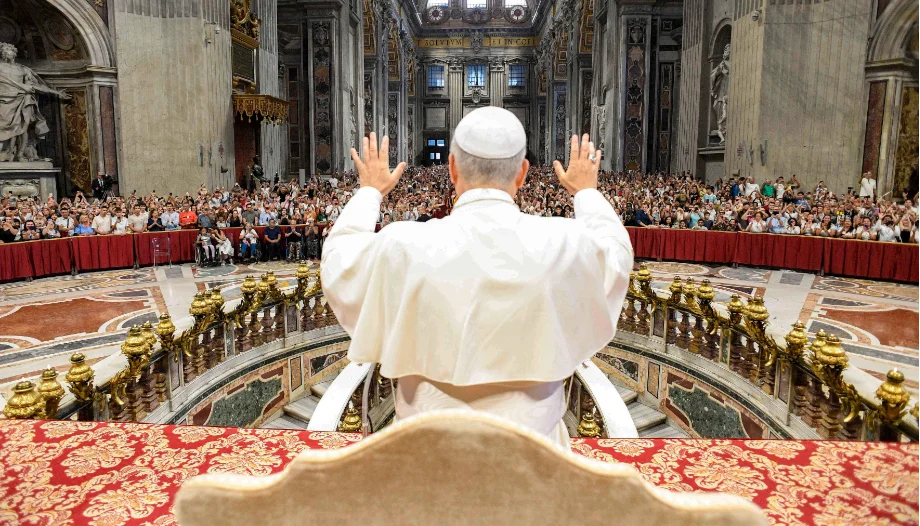Far from acting with executive speed, the Pope has preferred to dedicate his first months to listening. As soon as he was elected, he convened a plenary meeting with the College of Cardinals and personal meetings with the heads of the Vatican dicasteries. He temporarily confirmed the current heads of the curia and reserved for September and October the first key appointments, including that of his successor at the head of the Dicastery for Bishops.
He has not yet confirmed where he will live, although everything indicates that he will return to the papal apartment in the Apostolic Palace, now under renovation.
Leo XIV has recovered the classic papal garb and spent the summer at Castel Gandolfo, marking a change in style from his predecessor.
Pastoral priorities
In his first interventions, the Pope emphasized six axes of his ministry: the primacy of Christ in preaching, missionary conversion, growth in synodality, the value of the sensus fidei of the people of God, care for the weak and courageous dialogue with today's world. "We want to be a Church that walks, that seeks peace and charity, especially together with those who suffer," he said in his first greeting.
Close contact with the faithful
Week after week, Leo XIV has shown himself increasingly comfortable in direct contact with the crowds, who in the first few months have been flocking in great numbers to the audiences and Angelus. At the recent Jubilee of Youth and at the meeting with digital missionaries, he demonstrated his closeness to young people.
An Augustinian by formation and conviction, the Pope presents himself as a "son of St. Augustine" and frequently cites this Doctor of the Church as well as other Fathers in his homilies and catecheses. This insistence reinforces his intention to anchor pastoral action in a living tradition oriented towards Christ.
What's next
After this initial stage, Leo XIV's pontificate faces important decisions: curial appointments, management of delicate cases and definition of his government team. Autumn will show to what extent his style of listening, moderation and firmness will be translated into concrete actions.
For now, his first 100 days have drawn the portrait of a reflective pastor, deeply Christocentric, who wants to combine the legacy of his predecessors with his own gestures. A Pope who, rather than imposing, seeks to lead the Church through dialogue and example. Undoubtedly, the main merit that seems to be unanimously recognized is the enormous appeasement of intra-ecclesial tensions and polarizations.







